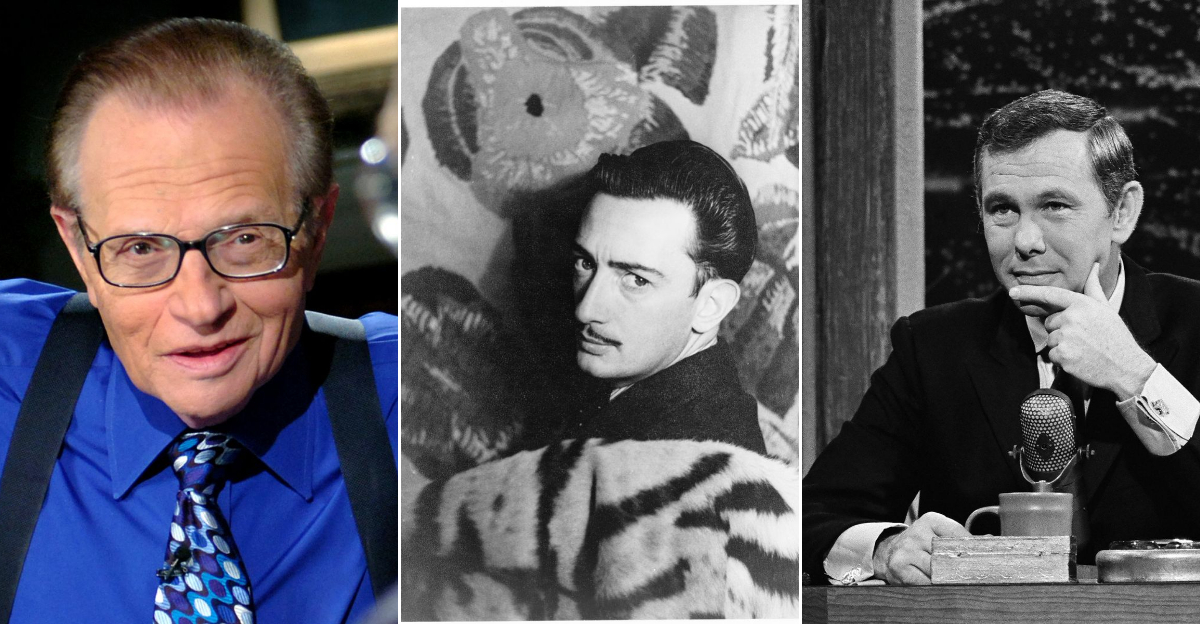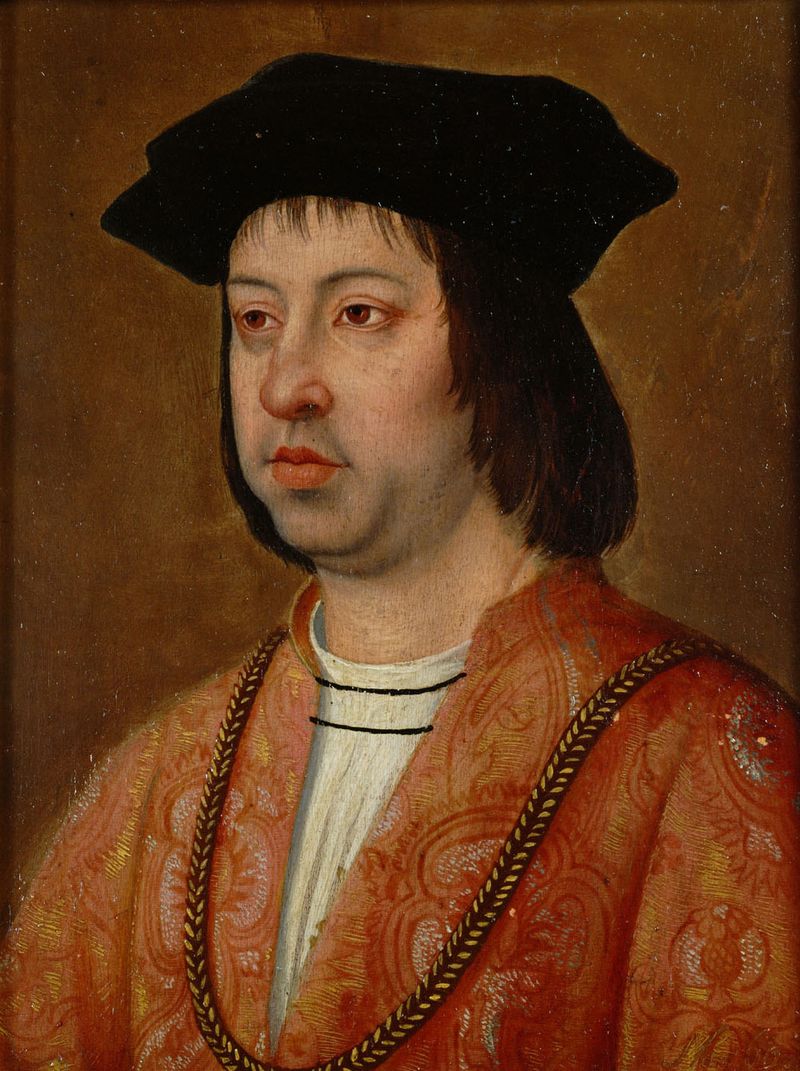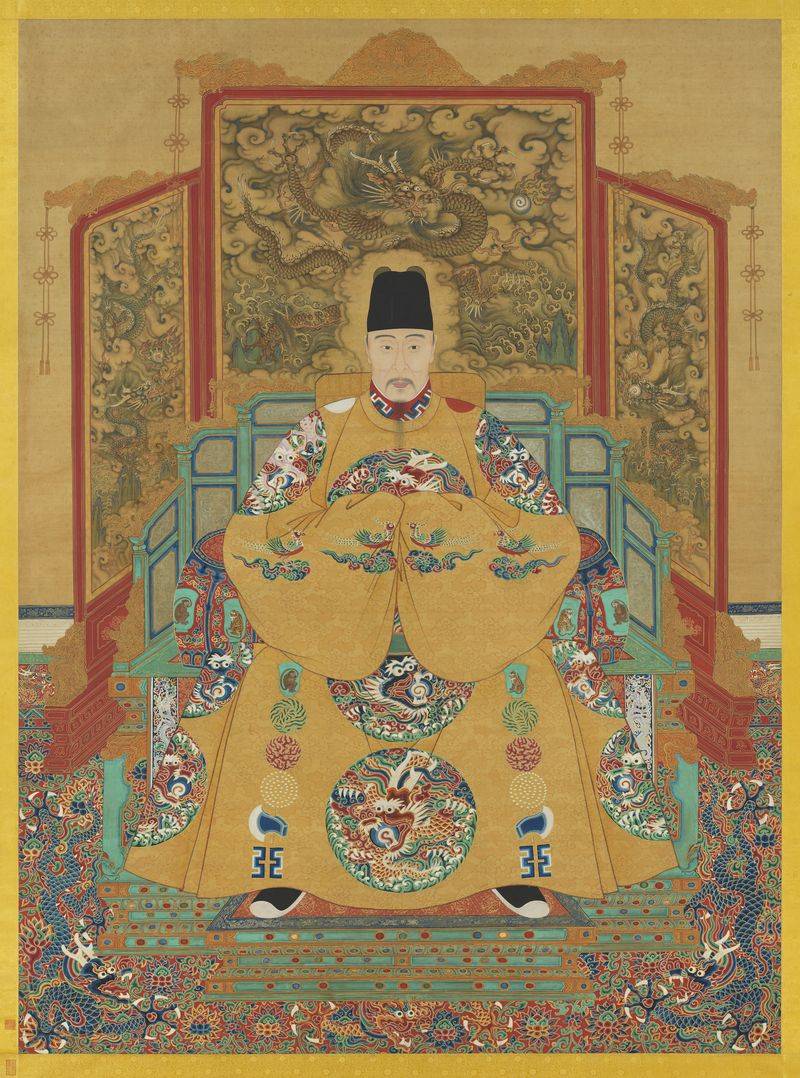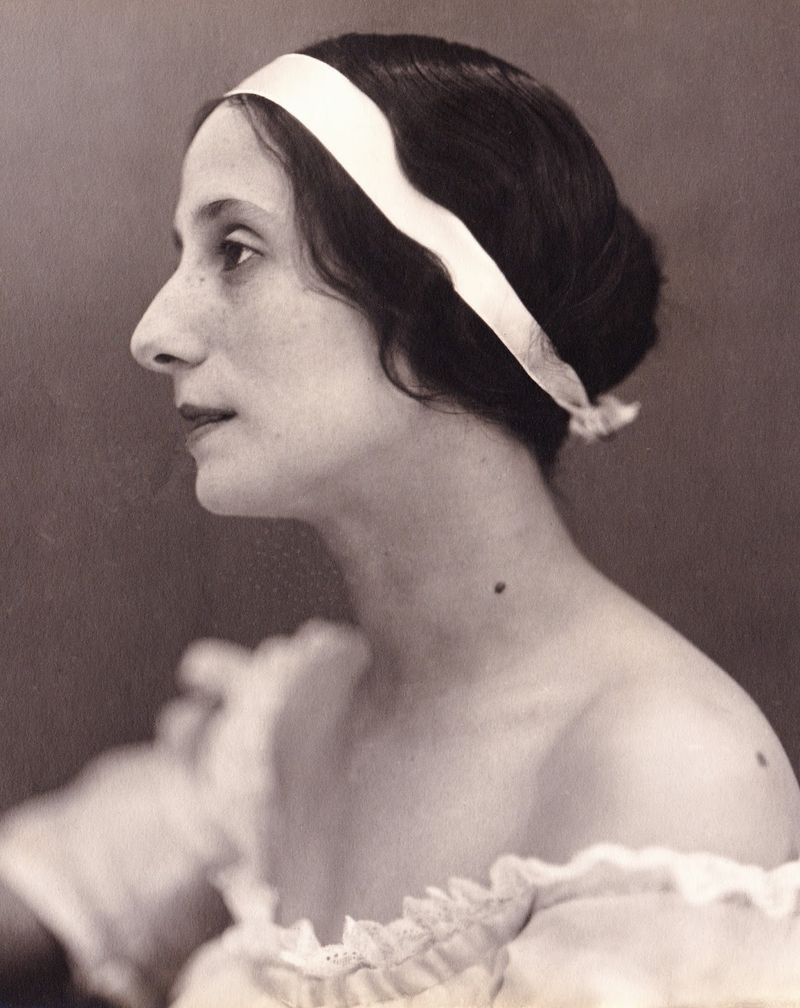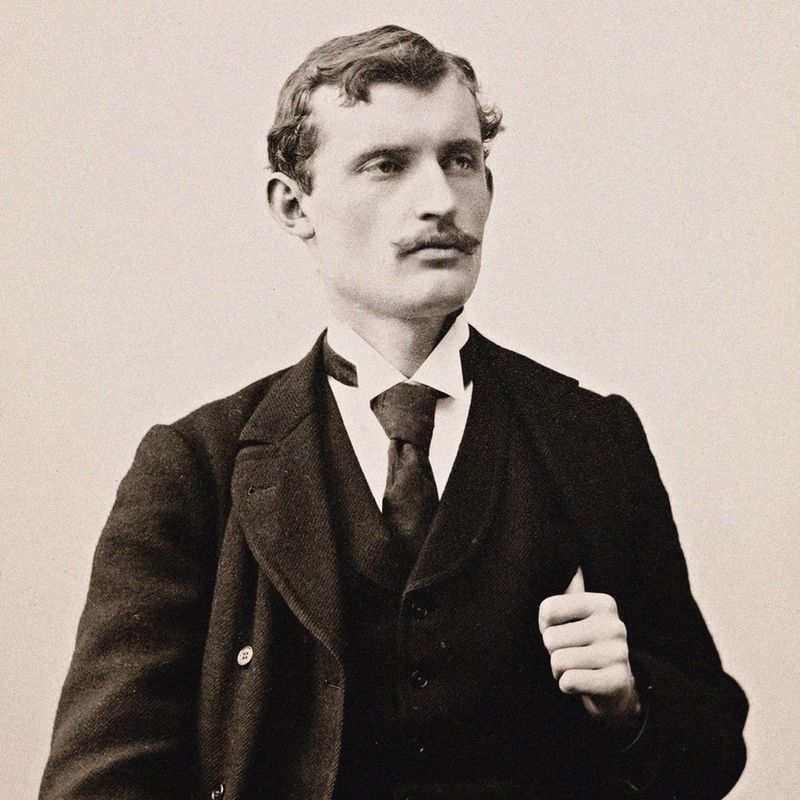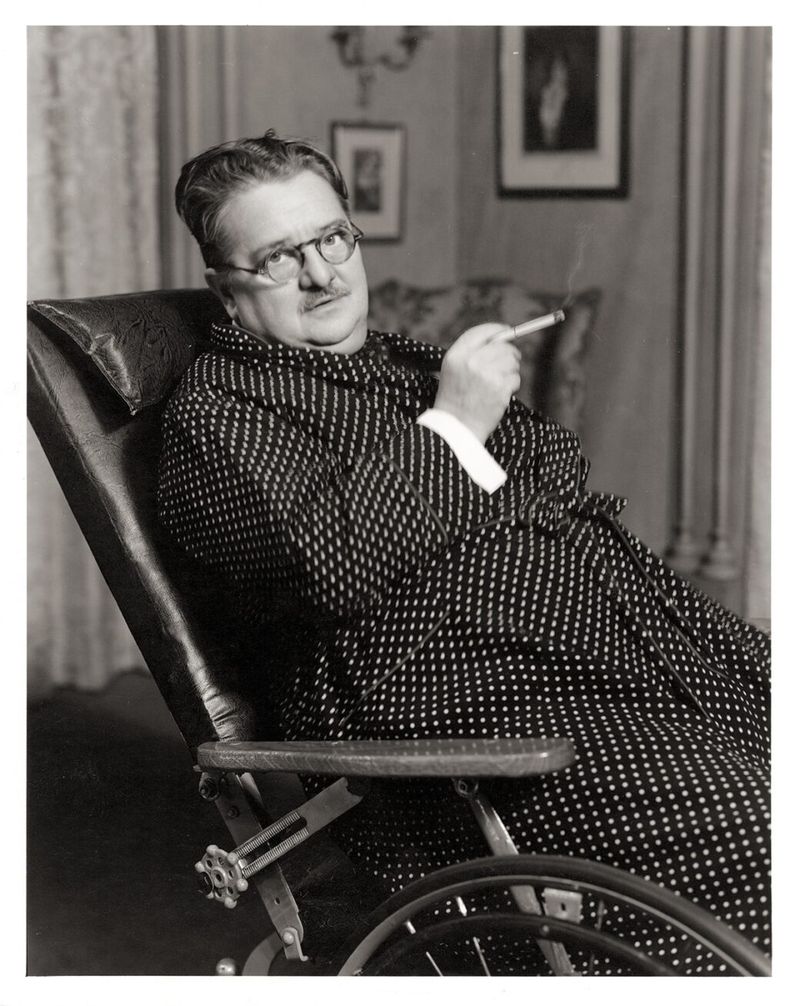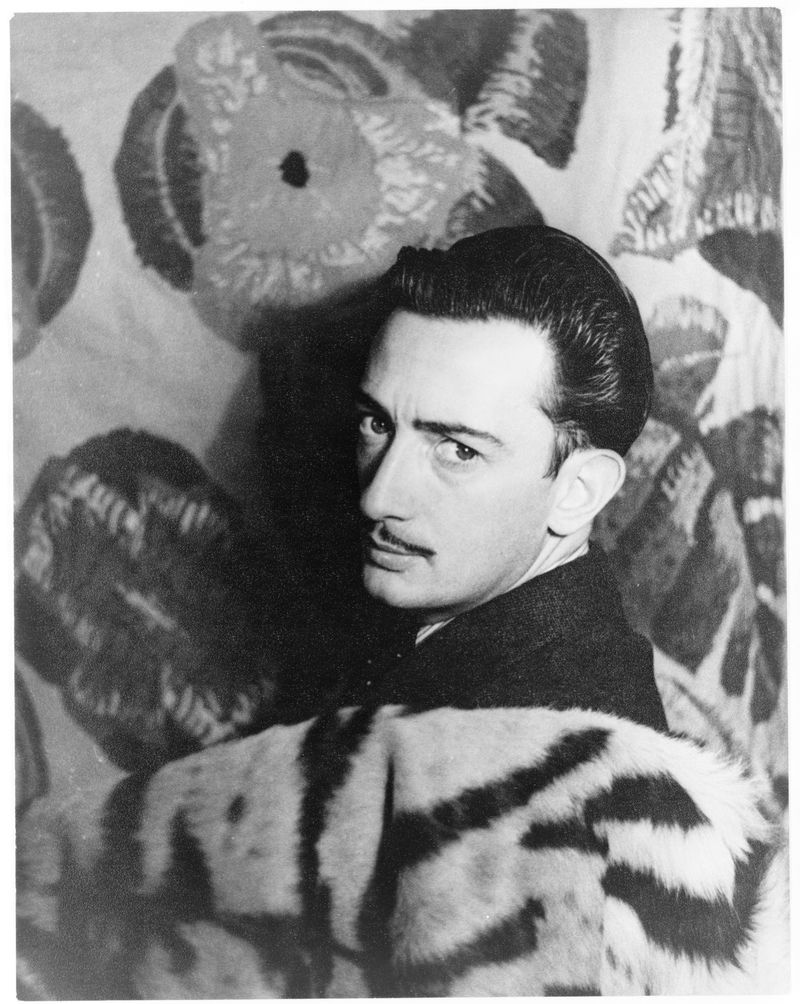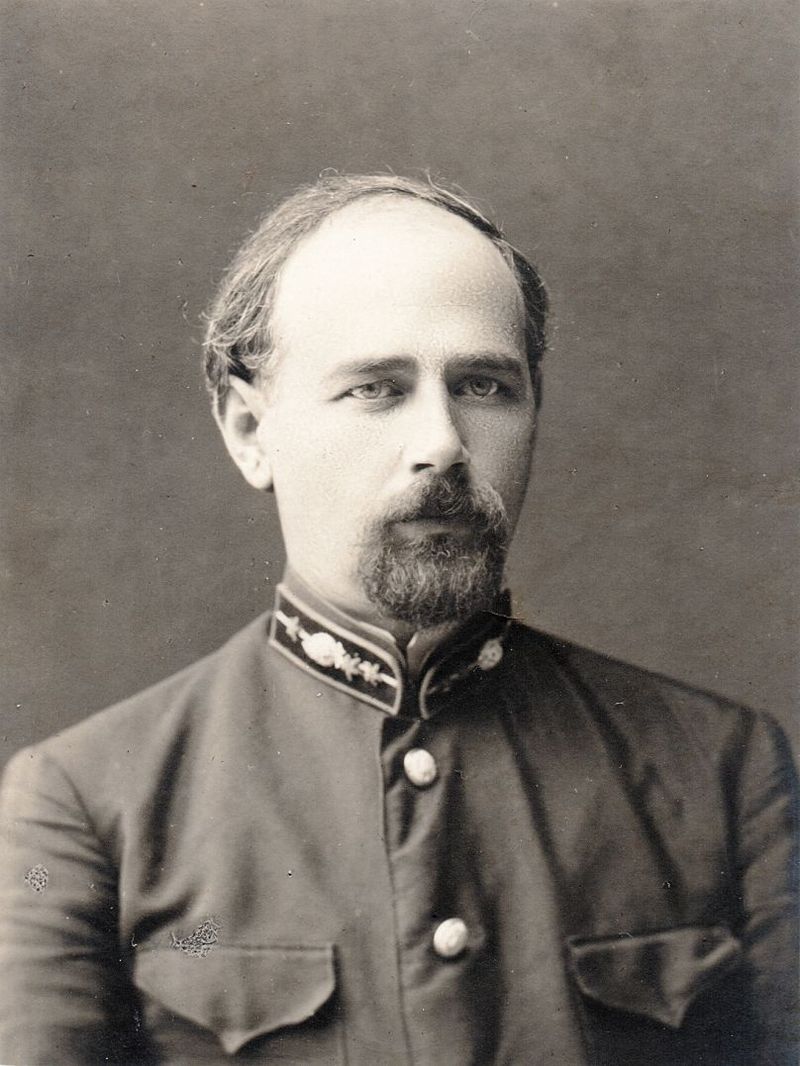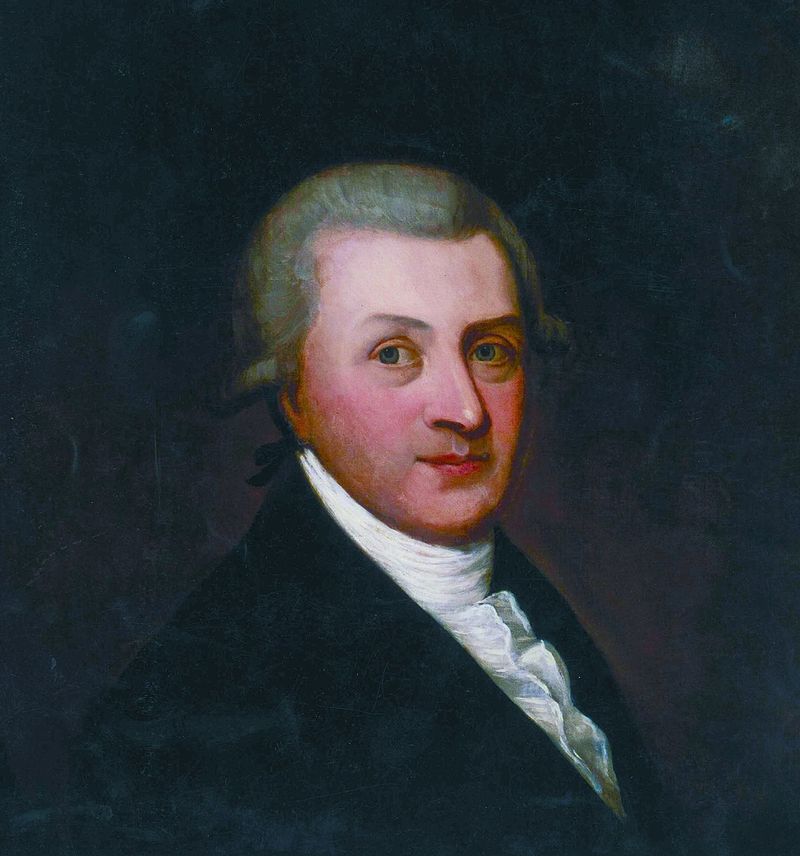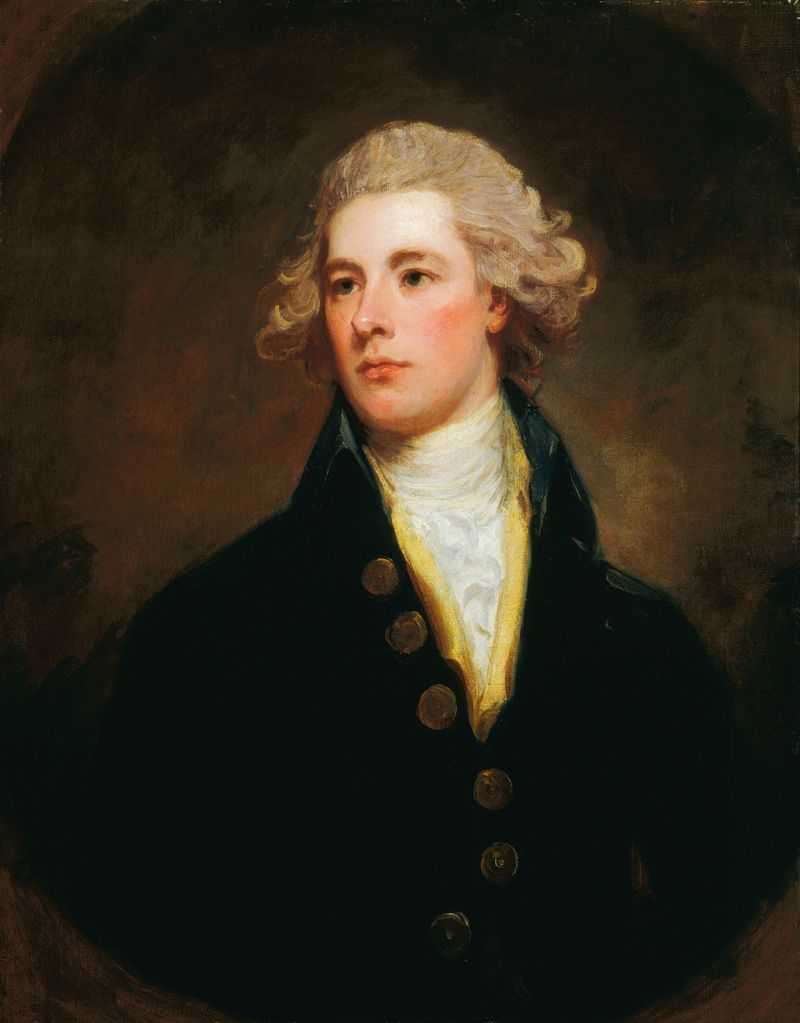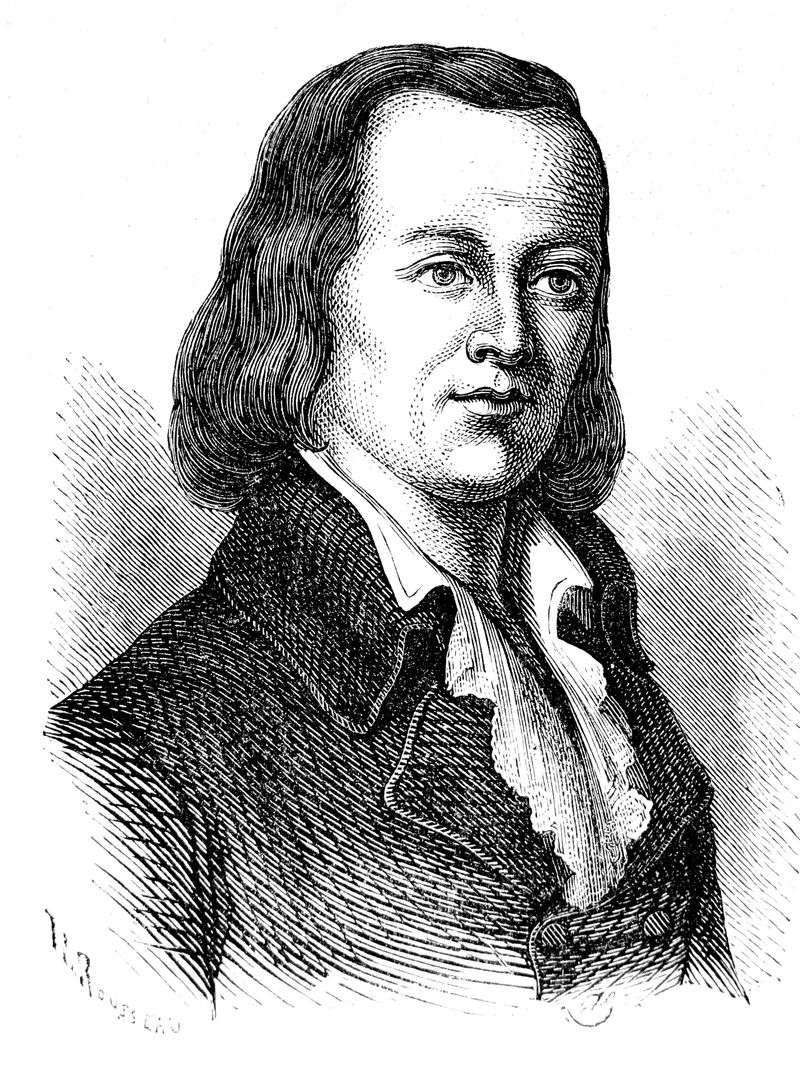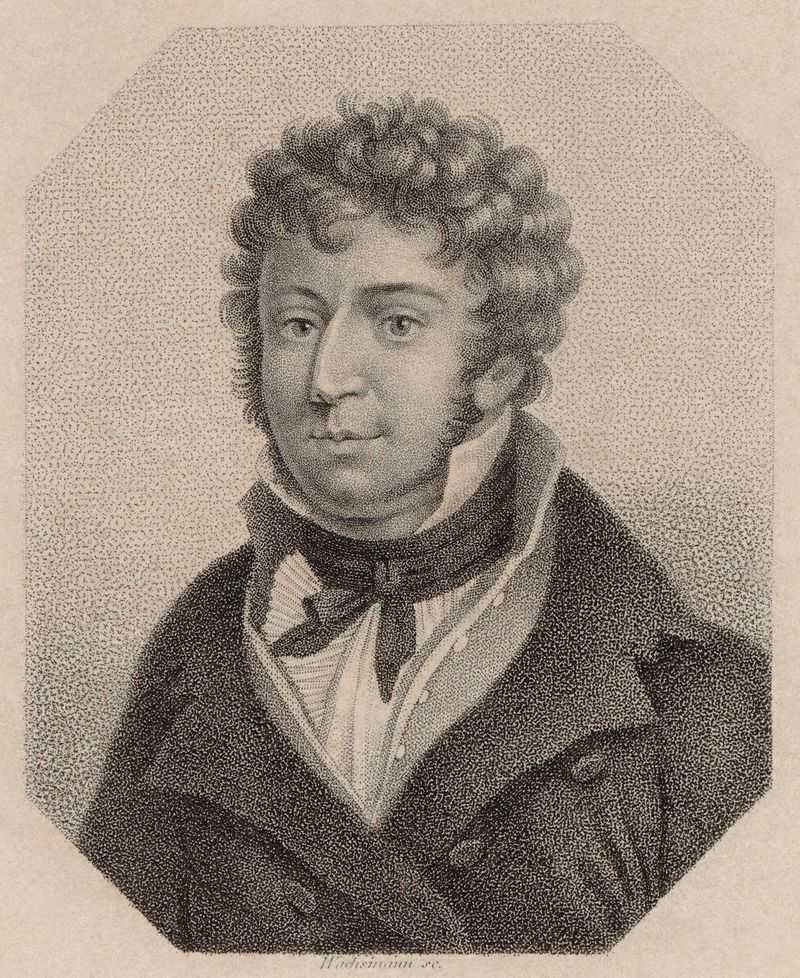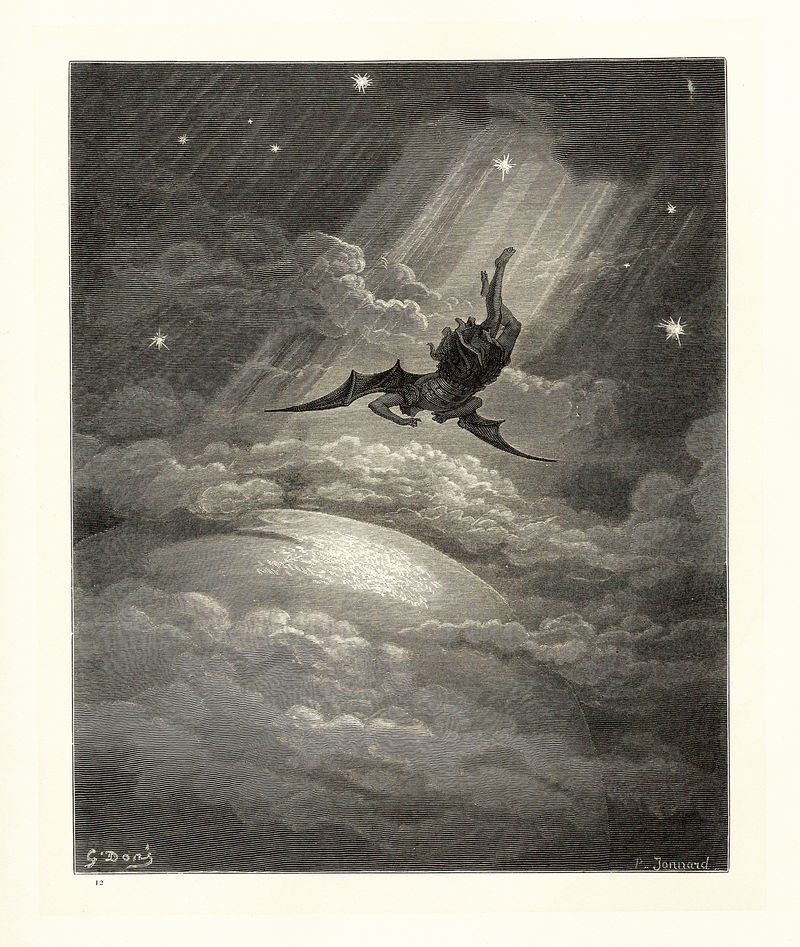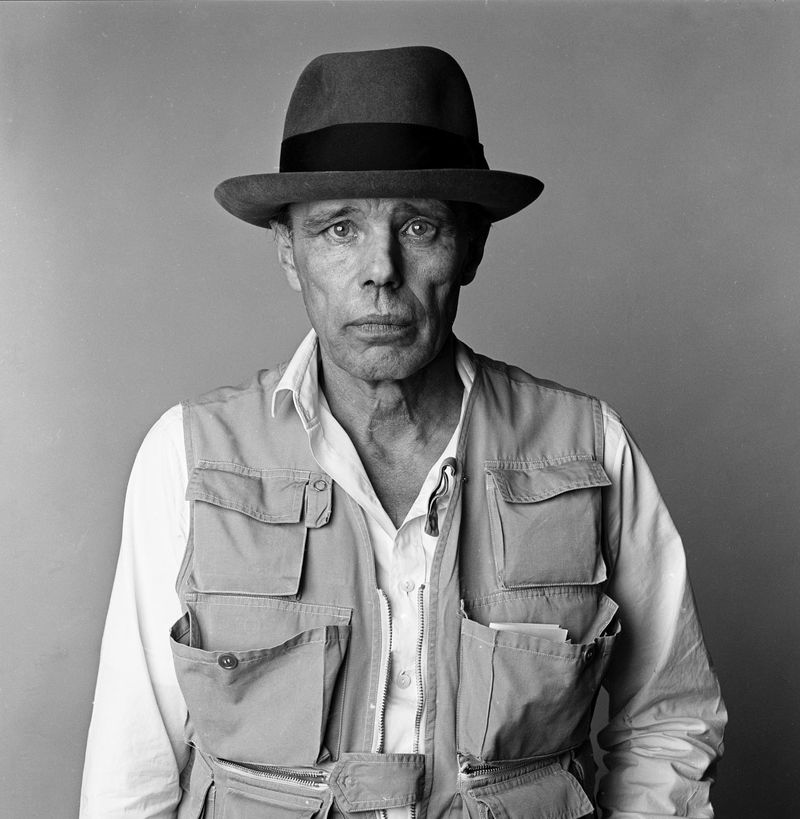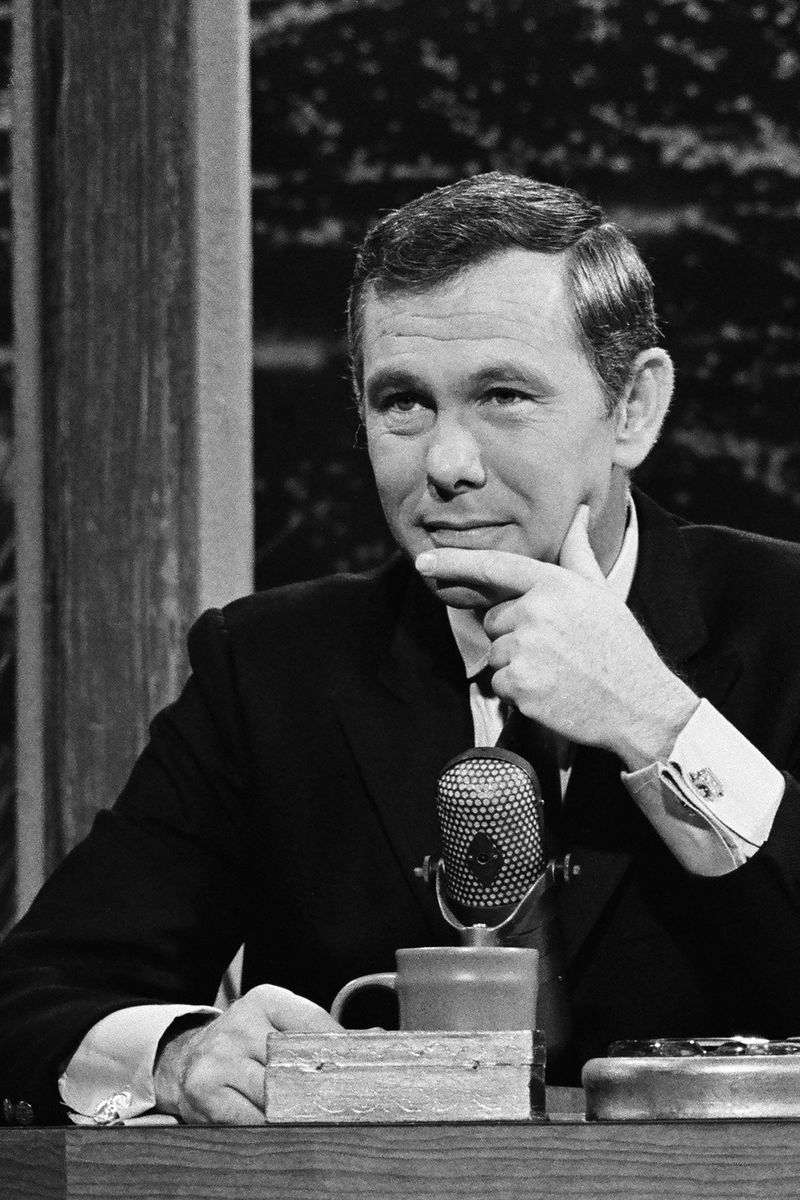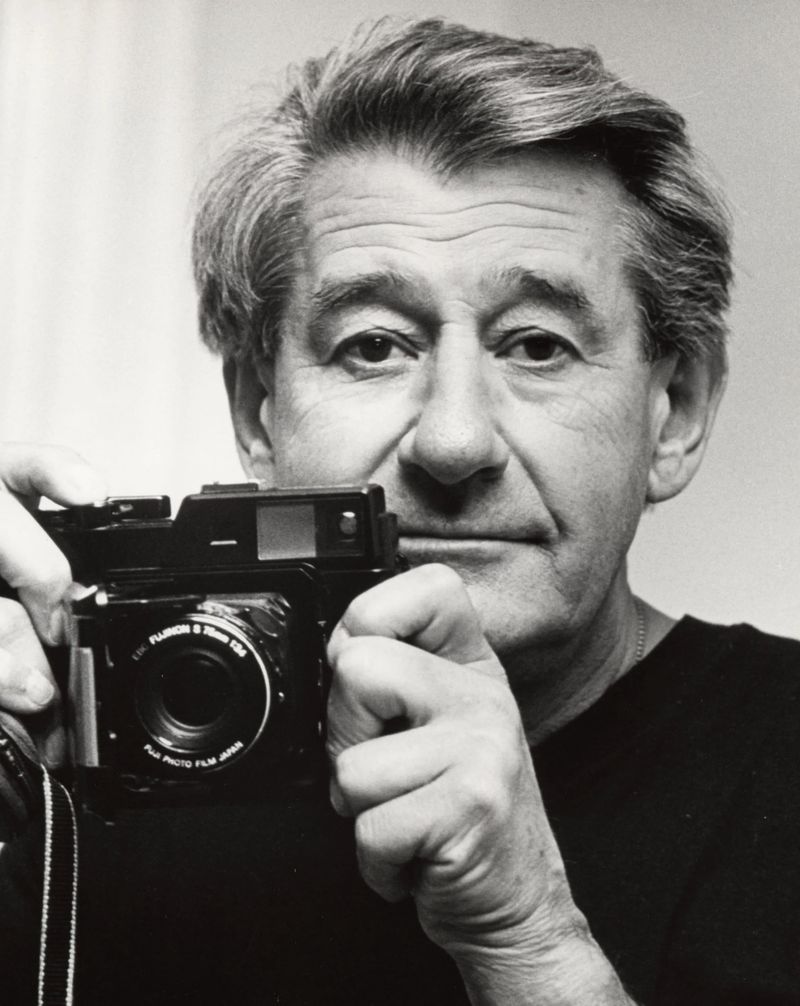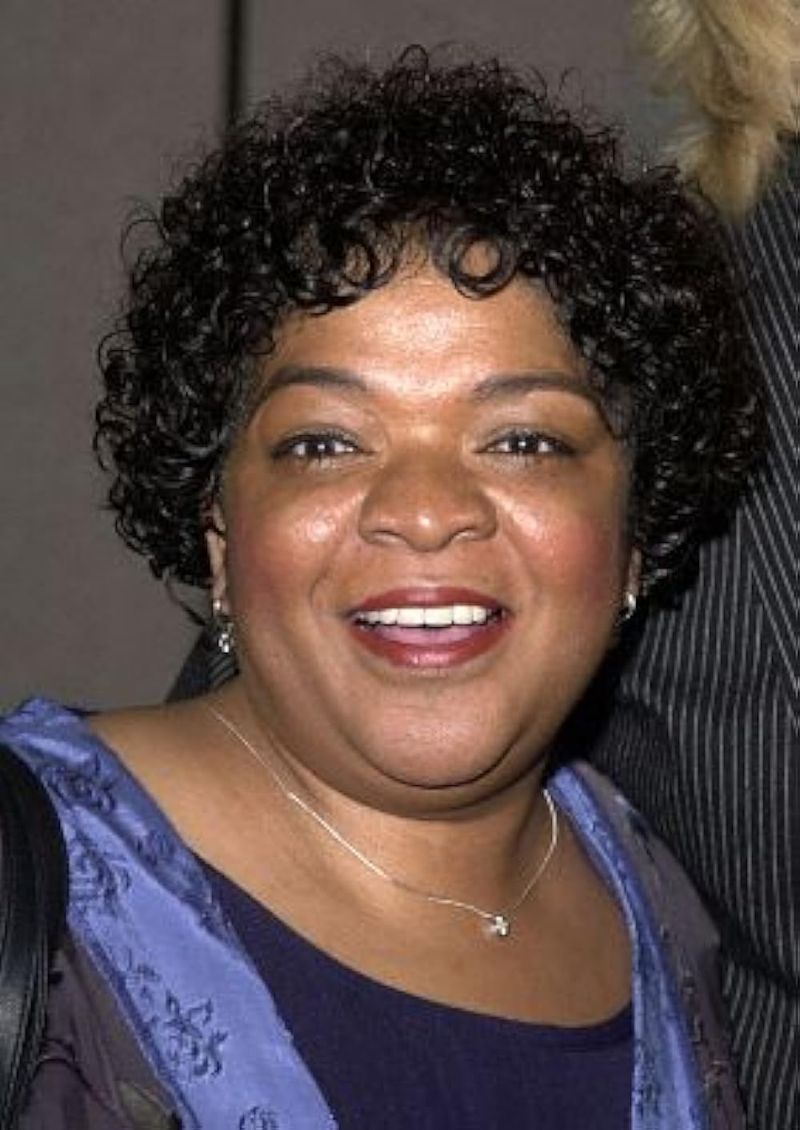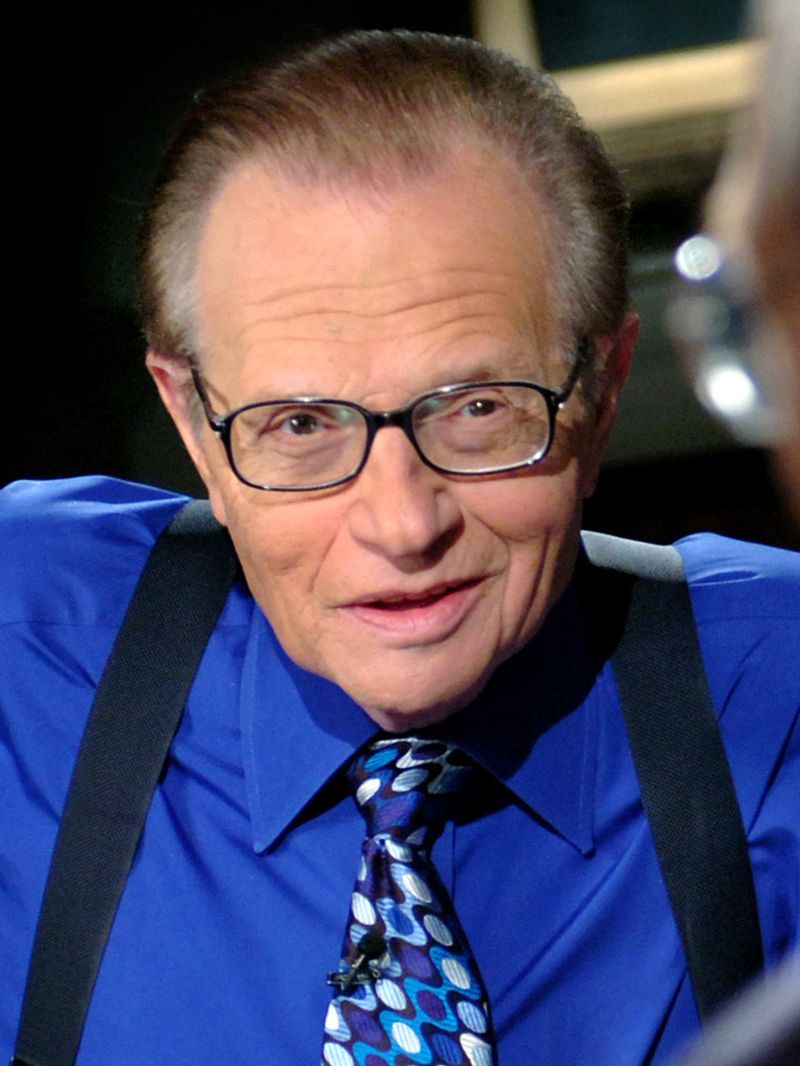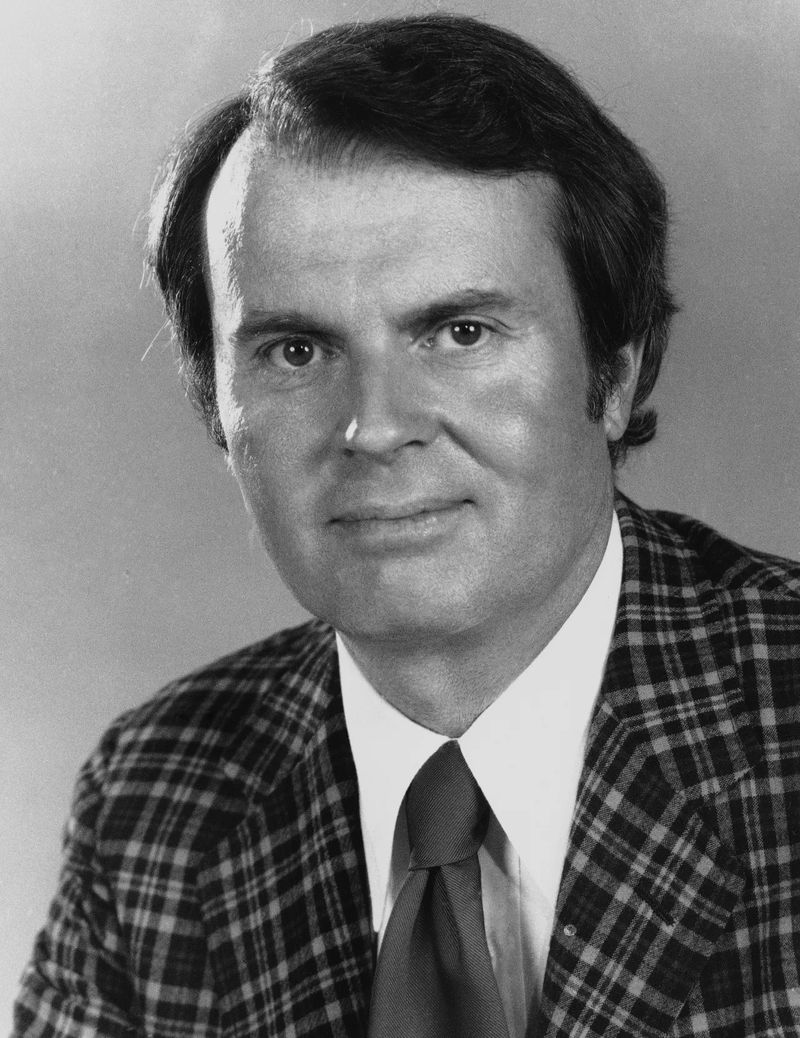This blog post commemorates 19 remarkable individuals who passed away on January 23. Each left an indelible mark on history with contributions spanning politics, art, music, science, and entertainment.
Their legacies continue to influence and inspire us today, proving that even in death, their impact endures.
1. Ferdinand II of Aragon
Ferdinand II of Aragon, born in 1452, played a pivotal role in the unification of Spain through his marriage to Queen Isabella I of Castile. As King of Aragon, he co-reigned with Isabella, leading to the successful completion of the Reconquista.
Ferdinand’s reign saw the establishment of the Spanish Inquisition and the expedition of Christopher Columbus, changing the course of world history.
His diplomatic acumen and strategic alliances strengthened Spain, laying the foundation for its emergence as a global power. Ferdinand’s legacy is a complex tapestry of religious, cultural, and political transformation.
2. Jiajing Emperor
Jiajing Emperor, the 11th ruler of China’s Ming dynasty, is remembered for his long and contentious reign from 1521 to 1567. Ascending the throne at 14, he was known for his withdrawal from public affairs, favoring Daoist practices and alchemy.
His era was marked by corruption and neglect, yet it also saw advancements in Chinese art and architecture. His pursuit of immortality led to bizarre rituals and administrative neglect, but his patronage of the arts left a lasting cultural legacy.
The Jiajing Emperor’s reign reflects a turbulent period in Ming history, balancing decay and creativity.
3. Anna Pavlova
Anna Pavlova, born in 1881, was a pioneering Russian ballerina best known for her role in ‘The Dying Swan.’ Her ethereal presence and emotive style captivated audiences worldwide.
Pavlova’s dedication to ballet brought her to the forefront of the art, making it more accessible to the public. She toured extensively, sharing her passion for dance and inspiring a generation of dancers.
Pavlova’s legacy lies in her ability to transcend cultural barriers, connecting people through the universal language of dance. Her influence is still felt in the world of ballet, where she remains an enduring icon.
4. Edvard Munch
Norwegian painter Edvard Munch, born in 1863, is best known for his iconic work ‘The Scream.’ His expressionist style captured raw emotion, exploring themes of love, anxiety, and death.
Munch’s innovative use of color and form challenged traditional artistic norms, influencing future generations of artists. His personal struggles with mental health and family loss deeply impacted his art, creating a profound connection with viewers.
Munch’s legacy is a testament to the power of art to communicate complex human experiences. His work continues to resonate, offering insight into the human psyche and the existential dilemmas we face.
5. Alexander Woollcott
Alexander Woollcott, born in 1887, was an American critic and commentator known for his wit and humor. As a prominent figure at The New Yorker magazine, he contributed insightful essays and reviews, shaping the cultural landscape of his time.
A member of the Algonquin Round Table, Woollcott’s sharp intellect and engaging storytelling made him a popular radio personality. His influence extended beyond journalism, as he supported and inspired emerging writers and artists.
Woollcott’s legacy is one of cultural enrichment, blending criticism with entertainment. His unique voice continues to echo in the world of literary and media criticism.
6. Salvador Dalí
Salvador Dalí, born in 1904, was an influential Spanish surrealist artist known for his eccentric personality and imaginative works. His creations, such as ‘The Persistence of Memory,’ challenged perceptions and explored dreamlike realities.
Dalí’s unique visual language combined bizarre images with meticulous detail, making him a leading figure in the surrealist movement. His collaborations extended beyond painting to sculpture, film, and fashion, showcasing his versatility.
Dalí’s legacy is a celebration of creativity and the limitless possibilities of the imagination. His art continues to inspire and provoke, inviting viewers to explore the boundaries of reality and fantasy.
7. Mykola Leontovych
Mykola Leontovych, born in 1877, was a Ukrainian composer and conductor renowned for his choral work ‘Carol of the Bells.’ His compositions, rooted in Ukrainian folk music, brought traditional sounds to a global audience.
Leontovych’s innovative arrangements and harmonies enriched the choral repertoire, influencing both Ukrainian and international music scenes. His life was tragically cut short, but his musical legacy endures, celebrated in concerts worldwide.
Leontovych’s work continues to resonate, bridging cultural divides through the universal appeal of music. His contributions remain a testament to the transformative power of art and its ability to connect people across time and space.
8. Arthur Guinness
Arthur Guinness, born in 1725, was an Irish brewer and entrepreneur who founded the Guinness Brewery in Dublin. His innovative brewing techniques and commitment to quality established Guinness as a leading brand in the beer industry.
The distinctive stout, known for its rich flavor and iconic dark color, became synonymous with Irish heritage and craftsmanship. Guinness’s vision and business acumen set the foundation for the company’s global success, turning it into a symbol of Ireland’s cultural identity.
His legacy lives on in the continued popularity and expansion of the Guinness brand, a testament to his pioneering spirit and dedication to excellence.
9. William Pitt the Younger
William Pitt the Younger, born in 1759, became the youngest Prime Minister in British history at the age of 24. His tenure was marked by significant reforms in taxation and administration, strengthening the British government during a turbulent era.
Pitt’s leadership during the French Revolutionary and Napoleonic Wars showcased his diplomatic skill and commitment to national security. His ability to navigate complex political challenges earned him respect and admiration.
Pitt’s legacy is defined by his contributions to fiscal policy and governance, laying the groundwork for modern British politics. His statesmanship continues to inspire leaders seeking to balance progress with stability.
10. Claude Chappe
Claude Chappe, born in 1763, was a visionary French engineer who invented the first practical semaphore telegraph system. This early communication technology revolutionized long-distance information exchange, laying the groundwork for modern telecommunications.
Chappe’s network of towers and visual signals enabled rapid message transmission across France, enhancing military and governmental operations. Despite facing skepticism and technical challenges, his persistence and ingenuity brought about a transformative innovation.
Chappe’s legacy is a testament to the power of human creativity and the relentless pursuit of progress. His contributions continue to influence the development of communication technologies, shaping the way we connect and share information.
11. John Field
John Field, born in 1782, was an Irish pianist and composer credited with creating the nocturne musical form. His lyrical compositions, characterized by expressive melodies and rich harmonies, influenced prominent composers like Chopin and Liszt.
Field’s piano works captured the essence of Romanticism, exploring themes of love, nature, and introspection. His innovative style and emotive expression left a lasting impact on the world of classical music.
Field’s legacy is one of artistic exploration, pushing the boundaries of musical creativity. His contributions continue to inspire musicians and composers, enriching the cultural tapestry with timeless beauty and emotional depth.
12. Gustave Doré
Gustave Doré, born in 1832, was a French artist renowned for his detailed and imaginative illustrations. His work in books like ‘The Divine Comedy’ and ‘Don Quixote’ brought stories to life with vivid imagery.
Doré’s ability to capture the essence of a narrative through art made him a sought-after illustrator, influencing visual storytelling in literature and beyond. His intricate engravings combined technical skill with creative vision, leaving a lasting legacy in the world of art.
Doré’s contributions continue to inspire artists and illustrators, demonstrating the power of visual art to enhance and elevate the written word, bridging imagination and reality.
13. Joseph Beuys
Joseph Beuys, born in 1921, was a German avant-garde artist known for his contributions to Fluxus and conceptual art. His works, characterized by their use of unconventional materials and exploration of social themes, challenged traditional perceptions of art.
Beuys believed in the transformative power of creativity, advocating for art as a vehicle for cultural and political change. His provocative installations and performances invited viewers to engage with complex ideas and issues.
Beuys’s legacy is one of innovation and activism, blending art with social commentary. His influence continues to resonate, inspiring artists to push boundaries and explore the intersection of art and society.
14. Allen Collins
Allen Collins, born in 1952, was an American guitarist and songwriter, best known as a founding member of the rock band Lynyrd Skynyrd. His dynamic guitar playing and songwriting contributed to the band’s distinctive Southern rock sound.
Collins’s passion for music was evident in hits like ‘Free Bird’ and ‘Sweet Home Alabama,’ which became anthems of a generation. Despite personal struggles and tragedies, his dedication to music never wavered.
Collins’s legacy is celebrated through his enduring influence on rock music, inspiring countless musicians with his talent and resilience. His contributions continue to resonate, capturing the spirit of rock and its power to unite and inspire.
15. Johnny Carson
Johnny Carson, born in 1925, was an American television host who became a cultural icon through his tenure on ‘The Tonight Show Starring Johnny Carson.’ His wit, charm, and engaging interview style made him a beloved figure in American entertainment.
Carson’s ability to connect with audiences and guests alike set a standard for late-night television, influencing future hosts and comedians. His show became a platform for emerging talent and cultural commentary, reflecting the zeitgeist of the times.
Carson’s legacy is one of entertainment excellence, leaving an indelible mark on television history. His influence endures, celebrated for his humor, warmth, and pioneering spirit.
16. Helmut Newton
Helmut Newton, born in 1920, was a German-Australian photographer renowned for his bold and provocative fashion and portrait photography. His work, characterized by its striking composition and exploration of themes like power and sexuality, redefined the boundaries of fashion imagery.
Newton’s collaborations with top fashion magazines and designers solidified his reputation as a visionary artist. His photographs challenged conventions, sparking dialogue and debate within the industry.
Newton’s legacy is a testament to the transformative power of photography, influencing generations of photographers with his daring style and creative vision. His contributions continue to inspire, pushing the limits of visual storytelling and artistic expression.
17. Nell Carter
Nell Carter, born in 1948, was an American actress and singer best known for her role in the TV series ‘Gimme a Break!’ Her powerful voice and charismatic presence captivated audiences, earning her accolades in theater, television, and music.
Carter’s Broadway performances, including her Tony Award-winning role in ‘Ain’t Misbehavin’,’ showcased her versatility and talent. Despite personal challenges, her resilience and passion for the arts shone through, inspiring those around her.
Carter’s legacy is celebrated through her contributions to entertainment and her ability to connect with audiences. Her influence endures, leaving a lasting impact on the performing arts and those who experience her work.
18. Larry King
Larry King, born in 1933, was an American television and radio host known for his long-running program ‘Larry King Live.’ With his distinctive voice and conversational interview style, King became a trusted figure in journalism, engaging audiences with insightful and candid discussions.
Over his career, he interviewed thousands of guests, from world leaders to celebrities, shaping public discourse and media standards. King’s ability to connect on a personal level with his guests set him apart, earning him respect and admiration.
His legacy is one of journalistic integrity and curiosity, influencing generations of broadcasters. King’s contributions continue to resonate, celebrating the art of conversation and the pursuit of knowledge.
19. Charles Osgood
Charles Osgood, born in 1933, was a veteran CBS newsman and longtime host of ‘Sunday Morning.’ His warm, engaging storytelling and distinctive voice made him a beloved figure in American journalism.
Osgood’s career, spanning decades, was marked by insightful reporting and a commitment to quality storytelling. His ability to connect with viewers and convey complex stories with clarity and empathy set a standard for broadcast journalism.
Osgood’s legacy is celebrated through his contributions to media and his dedication to storytelling excellence. His influence endures, inspiring journalists to pursue truth and creativity, enriching the cultural and informational landscape with depth and understanding.
